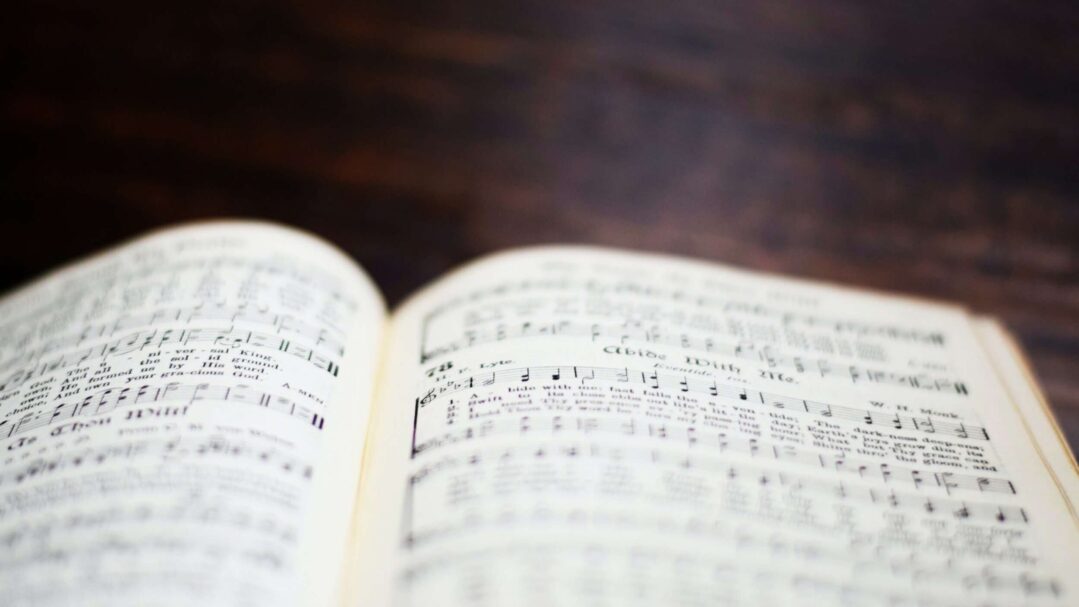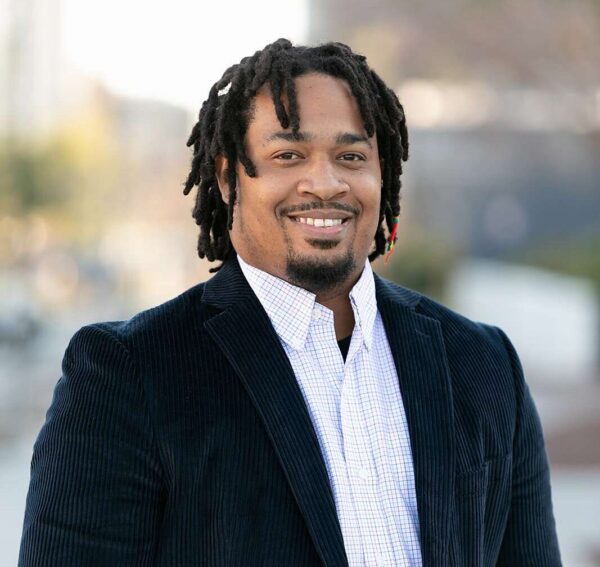Meet Charles Albert Tindley
When you combine the elements of being born to slave parents and working as a janitor, preacher, pastor, and song/hymn writer, what do you get? Admittedly, at first glance you may ask how all these titles fit together. How does a janitor and preacher go together? How does having slave parents and writing songs/hymns fit together? When you join these characteristics together you get a man filled with love and compassion for his neighbor. You get the Rev. Charles Albert Tindley. Some may be familiar with him, but many have no clue the contribution he has made to the body of Christ. He was the pastor of what is now called Tindley Temple United Methodist Church in Philadelphia, Pennsylvania.
Early Years
Charles Albert Tindley was born on a “small farm outside of Berlin, Maryland . . . to a slave couple, Ester and Charles Tindley.”(1) He was named after his father who was unable to provide the proper care for him, and his mother passed away when he was two years old. From an early age he experienced a lot of trauma and pain. He was never taught to read or write, but by God’s grace he taught himself! He learned the English alphabet and studied newspaper scrapings at night. He was a diligent learner. He got a hold of a Bible and began to read the Word of God. He became a Bible-saturated man. One day at church, boys and girls read in front of the congregation. Charles took the opportunity to read the Scriptures in front of a crowd, and the congregation was amazed at his reading ability. That experience emboldened him to become a lifelong learner.
From Janitor to Pastor
He eventually got married, attended John Wesley Methodist Episcopal Church in Philadelphia, and became the church janitor. In addition, he would sit in on Bible classes, converse with the pastor, and read theology books his pastor recommended. This led him to make a profession of faith in Christ and feel the call of the pastorate. He studied the original biblical languages (Greek and Hebrew) and prepared for his ordination exam. Despite not having formal theological education, he took every opportunity to learn and grow. In 1885, he was ordained pastor, and for several years he was an itinerant preacher at many churches in the Tri-state area. Finally, in 1901 he was called to be the pastor of the church he first started off as a janitor! He accepted the call to become pastor of what was then Bainbridge Street Methodist Episcopal, previously John Wesley Methodist Episcopal Church. The church would later bear the name of its most famous pastor and is now called Tindley Temple United Methodist Church. What a powerful way to be used by God!
Gospel Song Writer
Charles’s ministry was marked by his unwavering proclamation of the gospel and care for the poor. But Charles was also a gospel song writer. Some of his songs include, “Go Wash in the Beautiful Stream,” “Stand By Me,” and “Nothing Between My Soul and the Savior.” His most famous hymn was titled, “I’ll Overcome Someday.” This hymn was modified into the greatest of all the civil rights era’s freedom song, “We Shall Overcome.” Here is a reminder of how songs have always played a role within church history and support social change.
Conclusion
Throughout history, God has used all types of people for his glory no matter their ethnicity, cultural background, educational level, or socio-economic status. God often times uses those that are least likely from a human perspective to accomplish his ultimate purposes. Tindley was a faithful minister of the gospel. His church that he pastored was well known for preaching and their compassion for the poor and vulnerable.
(1) Dave Jackson and Neta Jackson, Heroes in Black History: True Stories from the Lives of Christian Heroes (Bloomington, MN: Bethany House, 2008), 45.
Prayer Requests:
- May we pray that the Lord continues to raise up men and women for gospel ministry.
- May we pray and celebrate the many people God has used throughout redemption history.
- May we pray to have the eagerness to learn and be compassionate like Charles Albert Tindley.












